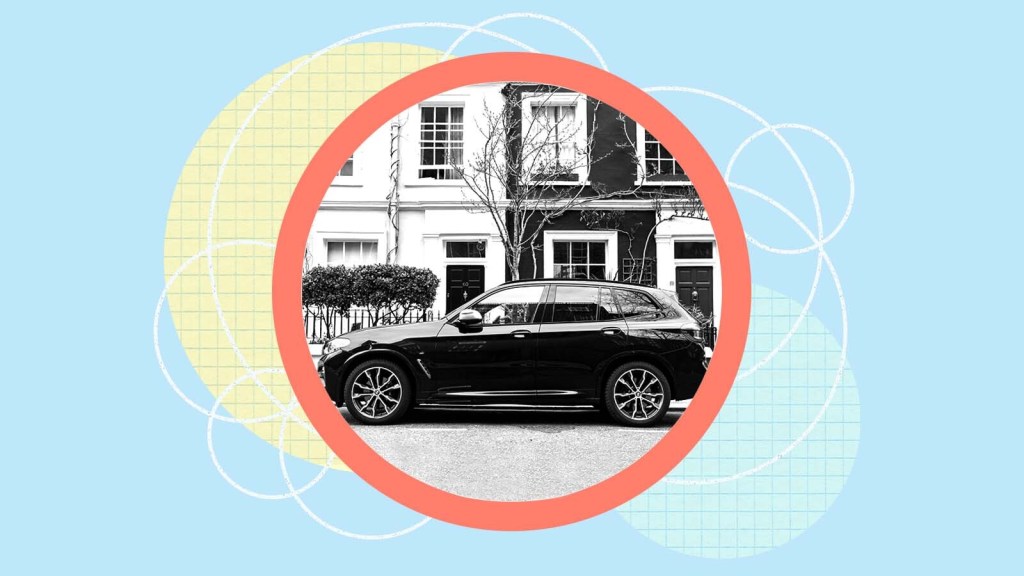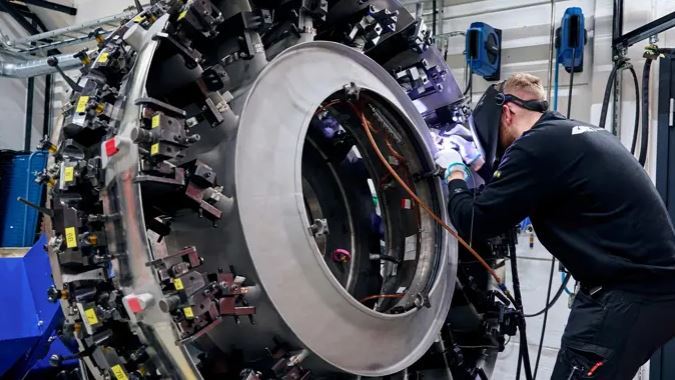Should Heavier Vehicles Face Increased Road Tax?
This week, the standard road tax rate increased by £5, bringing it to a total of £195, impacting electric vehicle owners who will now also pay this fee for the first time. More polluting vehicles incur higher charges based on carbon dioxide emissions, with more costly vehicles—including electric cars—subject to an additional tax. The question posed is whether charges should also factor in the size and weight of vehicles.
As the government looks for new methods to enhance tax revenue, drivers have become a convenient target.
Following the hike in road tax and the new tax on electric vehicles, there is growing advocacy for imposing additional taxes on larger vehicles like SUVs based on their weight.
While this idea may seem appealing, it represents a flawed and short-sighted strategy. The assumption that larger and heavier vehicles automatically have higher emissions is outdated and oversimplified.

Would this proposed tax mean heavier electric SUVs would incur more charges than smaller gasoline cars? Such a measure would contradict the government’s environmental objectives and could discourage drivers from transitioning to electric models.
The principal source of wear and tear on roads are not larger cars, but heavy commercial vehicles that can weigh up to 44 tonnes. Focusing on family-sized vehicles while ignoring the substantial impact of lorries fails to address the issue adequately.
Many individuals opt for larger vehicles out of necessity rather than luxury. Families, rural dwellers, and those with mobility challenges often depend on SUVs or 4x4s. Given the poor condition of many roads, driving can feel hazardous; hence, it’s no wonder that SUVs accounted for 54% of all new car sales worldwide in 2024, as reported by the BBC. If road conditions don’t improve, the government may find that consumers will shift to even less suited vehicles like tractors.
The current road tax system is convoluted and inconsistent, penalizing those who cannot afford cleaner technology. Conversely, wealthier individuals with newer vehicles often end up paying significantly less over time.
Governments have historically utilized financial incentives to drive motorists toward specific eco-friendly priorities, then seemingly penalized those who switched in good faith. This has included pushes towards diesel in the mid-2000s, followed by a shift to electric vehicles, all while enacting increasingly complex road tax frameworks.
Instead of implementing another arbitrary size-based tax, the entire system requires simplification. A fair mileage-based road tax would ensure that those who drive the most—thereby contributing the most to congestion, pollution, and road wear—bear a proportionate cost.
Support for Increased Tax on Larger Vehicles
Oliver Lord, spokesperson for Clean Cities
While no one enjoys paying more tax, the economic and societal costs associated with the rise of oversized SUVs are substantial. It is reasonable that those who can afford more should contribute to addressing the issue of “carspreading”—the trend of larger vehicles taking up more street space.
Larger SUVs pose greater risks to pedestrians and cyclists. Studies show that the likelihood of fatality increases by 30% if a pedestrian is struck by a car with a bonnet that is 10cm taller than average. Additionally, when heavier SUVs collide with smaller cars, the chances of severe injuries or fatalities rise.

These injuries and deaths impose a significant financial burden on the National Health Service, which incurs costs for treatment and rehabilitation, as well as long-term economic loss if victims cannot return to work.
Furthermore, local authority budgets for road upkeep, which are already limited, suffer when heavier vehicles cause more damage. Historical data indicates that a two-tonne SUV causes as much as 16 times the wear and tear on roads compared to a one-tonne vehicle.
The Prime Minister has declared addressing potholes a national priority, so it stands to reason that those inflicting the most damage should pay their fair share.
A person able to spend £200,000 on a luxury vehicle such as a Mercedes-Benz G-Class can certainly afford an increased tax, which could assist in repairing Britain’s roads and alleviating pressure on the public finances. Similar reforms are already in practice in countries like France.
Tax reform that takes vehicle size into account would incentivize manufacturers to create more efficient, appropriately-sized cars. As vehicle taxes based on emissions dwindles in an increasingly electric market, incorporating vehicle size into the tax structure is a sensible response.
The proliferation of large SUVs complicates urban mobility and makes safe driving in rural areas more difficult, requiring manufacturers to remain aware of consumer needs.
Polling conducted by YouGov for our campaign reveals that 59% of respondents feel SUVs are more often purchased as status symbols rather than for practical reasons, while 67% agree their presence worsens parking challenges.
If these oversized vehicles are merely status symbols for the wealthy, why should ordinary taxpayers or our NHS bear the financial burden?




Post Comment